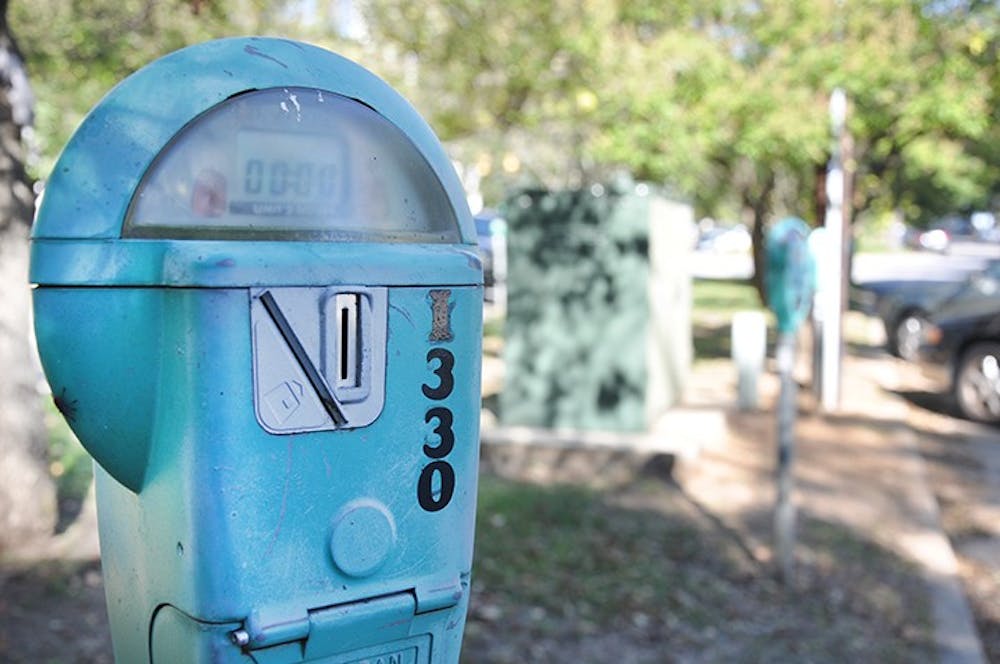Columbia is the largest city in the state of South Carolina, and is its closest example of a metropolis. Columbia is constantly growing and expanding and, like cities of its kind, fewer people are relying on cars for transport as more resort to cheaper options — including public transportation and walking.
According to USC Spokesman Wes Hickman, the university has been following this trend, and is looking to more and more accommodate alternative modes of transportation.
“Ultimately our goal is to make campus a more pedestrian / bike friendly place,” Hickman said. “This is to both better ensure safety and to increase green space on campus.”
However, for some students, driving to campus is necessary, and with driving cars comes a very old issue: parking. One of the often heard complaints at USC, according to many students, is a frustration with the lack of available parking and the high prices that come with getting a reserved spot in a garage or university lot.
“The parking situation in Columbia is definitely not up to par with how many people reside in this city,” third-year international business student Eliza Dufford said. “It’s a huge college campus and people are going to be out and about driving around so there needs to be more parking meters downtown or designated lots. No one wants to spend 20 minutes trying to find an empty space.”
Hickman said that he best way to reserve parking spot is to buy a parking garage pass to one of the six garages on campus available to students. Rates to reserve those cost between $360-$380 a semester, which some students, like social work graduate student Elizabeth Rummel, cannot afford while in school.
“Parking at USC really frustrates me,” Rummel said. “I think it is absurd how expensive the parking garages are. As a student paying my own way through school I can’t afford the high price for a garage parking pass, so I got a grad students parking pass. It takes me 15 minutes to walk from the parking lot to class or I have to wait for the bus which can take 20 to 30 minutes, not including the time commuting to campus.”
While many students are frustrated with the parking options on campus, Hickman said the university is doing things to try to accommodate everyone.
“We believe we have adequate parking, but not all available parking is utilized,” Hickman said. “Currently we still have availability of parking in some of our parking garages. The parking lot at Founders Park…has plenty of spaces available every day. It is true that it’s not always [convenient] to locate parking directly in front of academic buildings, but again, our goal is to make the campus core more pedestrian friendly."
With a growing campus, Hickman also mentioned new options the university is considering.
“As our campus grows, we believe there will be commensurate growth in the amount of parking on campus,” Hickman said. “The planned Campus Village in the south end of campus will include a parking garage for student residents and the university is exploring additional parking options in the Innovista district near the west side of campus.”
Associate Director for Public Relations Jeff Stensland also commented on how new start-ups, technologies and applications are becoming more popular and available avenues for students to utilize.
“Yes, the university is absolutely interested in exploring and encouraging alternative forms of transportation,” Stensland said in an email. “Scootaway is a good example. The university allowed Scootaway last spring to locate scooters rental sites throughout campus. The goal is to test whether scooter rentals could reduce automobile traffic congestion on campus and decrease the need for students to purchase their own scooters.”
Staff Writer Hannah Treece contributed to reporting.

